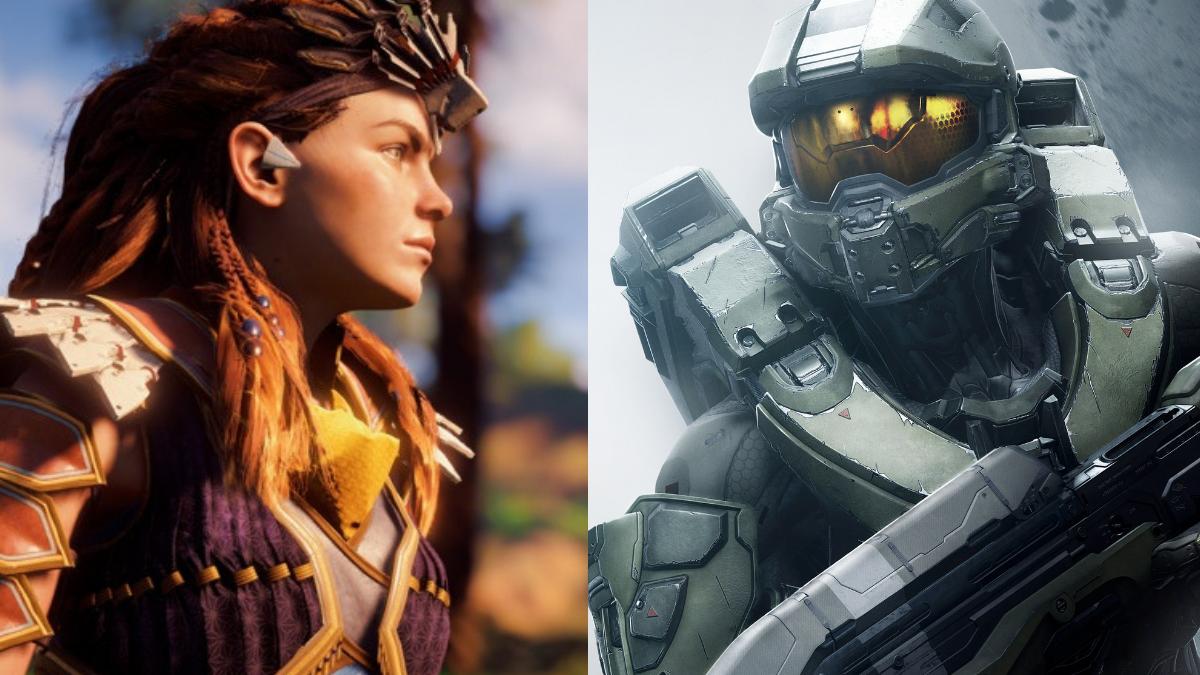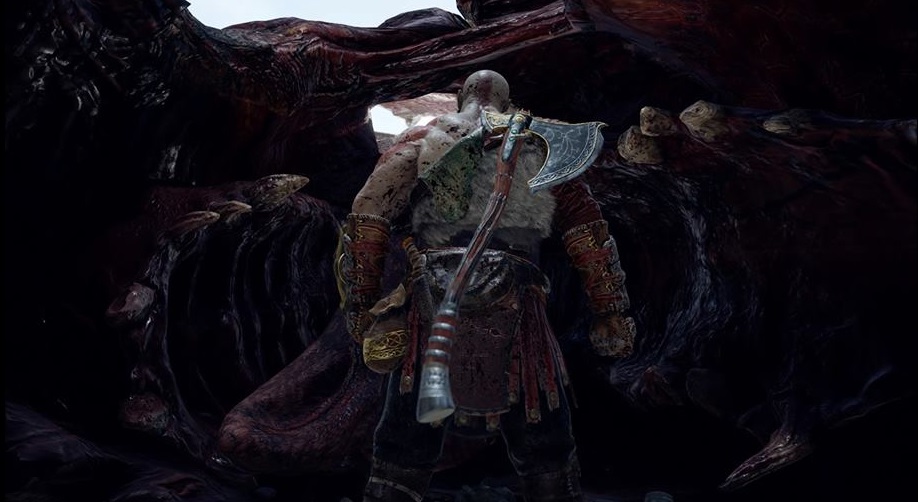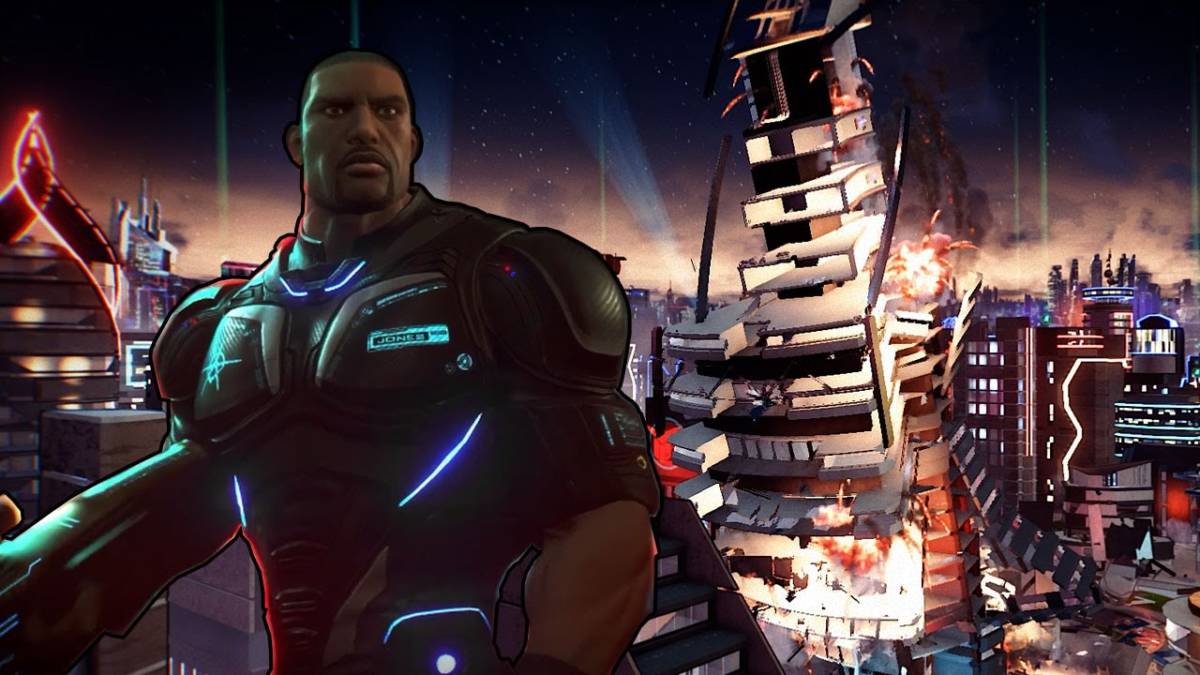2018 looks to be a bumper year for fantastic video games on consoles. We’ve already had Marvel’s Spider-Man, A Way Out, God Of War, Detroit: Become Human, Sea of Thieves and Wolfenstein 2 for the Nintendo Switch amongst others. Then there is Forza Horizon 4 (Fourza?), Red Dead Redemption 2, Assassin’s Creed Odyssey, Hitman 2 and Fallout 76 to look forward to. Not to mention Call of Duty and Battlefield doing their best Fortnite impression, which should be suitably unseemly for all involved.
We’re often told that video games are struggling in an ever-changing marketplace, but on current evidence, the actual creative output is the strongest it has been for a decade. All of this is to say nothing of the unstoppable Nintendo juggernaut but pre-empting their next move is second only to tarot reading in the futility stakes.
So instead I will turn my attention to the other big two. Sony and Microsoft have done their usual thing of duking it out over the course of this generation but even the most ardent Gates-ian Xbox fanboy would struggle to deny PlayStation have had the better of it. I am not especially interested in fanning the flames of the console wars, but it is important to get a feel for which company has cornered the market more effectively during a generation if you are going to try and anticipate some trends for the next cycle.
READ NEXT: The Best Games of 2018
Unsurprisingly, having a series of successful first-party games gifted this to current cycle to PlayStation. Especially in the latter half of the console’s lives, PlayStation were producing and supporting original IPs that were interesting enough to generate momentum but familiar enough to ensure broad appeal. Games like Horizon Zero Dawn cemented the idea that Sony were willing to go big on new ideas, while established favourites like Uncharted and God of War were able to deliver high quality iterations. If current estimates are accurate, the sales of the PS4 are roughly twice that of the Xbox One, which is a huge turnaround from the era of the Xbox 360 and the PS3 where Sony was never able to gain a meaningful foothold.
If Xbox were looking for positives going forwards, it would be that they have made proactive steps in understanding and shaping the new market for video games. The Xbox Game Pass is undoubtedly a revolution in the customer experience: a relatively low monthly price allows access to an impressive catalogue of games that can be downloaded at any time but most crucially: all Xbox exclusives are available day and date when they are released in stores for no extra fee.
Even with Xbox’s limited number of exclusives this is still impressive: Sea of Thieves, Forza Horizon 4, Crackdown 3, State of Decay 2 are all either available now or pencilled in for the next few months. When you add this to some great games available now like The Division and Fallout 4, it has completely re-energised the platform. Anecdotally speaking, I know that I have spent a great deal of time going through the Game Pass library and picking out some fantastic titles that I missed the first time around. It’s Netflix for video games and it works perfectly.
READ NEXT: Biggest New Games of 2019
It is perhaps the most blindingly obvious statement possible to say that great games and effective access to them really helps sell consoles, so what bearing does this have on the next generation? The most interesting noises regarding the next generation of consoles are coming from the Seattle based software giant’s camp. Microsoft announced at E3 2018 that they had purchased several studios that would be folded into their stable to create the next series of Xbox exclusives, so they have learnt their lesson there. Most fascinatingly though, is their take on how they will approach the console market itself going forwards.
Not long ago, I mused on the idea that video game consoles, due to ever decreasing gains in the field of processor development, would shift to a more incremental schedule of console releases, akin to the mobile phone pattern. It appears that future is in fact quite likely, with Microsoft’s Xbox CEO Phil Spencer repeatedly referencing how they would focus on a broader series of options to customers. The trend would suggest that at the start of the next cycle, the Xbox One X will be the base unit alongside new iterations that cover off more points on the spectrum of consumer profiles.
Sony, for their part, have been characteristically quiet about the inevitable PS5. We know it’s coming, possibly soon but not much else. Sony are nothing if not innovative so it’s hard to predict their next direction, it may be a continued focus on producing excellent games which nobody could complain about. My only concern for the Japanese company would be its general reluctance to embrace ‘cross-console play’ and the potential to lose ground to Microsoft and Nintendo if their consoles continue to allow players to play with their friends across different devices. I think Sony would be wise not to underestimate the appeal here, the biggest game of the last 18 months hasn’t been one that requires space-age hardware with 4K UHD graphics but a simple, free-to-play game that an overwhelming number of players are enjoying. Crucially, Xbox and Switch Fortnite players are Battle Royale-ing together while PlayStation holds out on principle. Pride swallowing may be required here to ensure Sony maintain their dominance heading into the future.
READ NEXT: The Best Free PS4 Games
A further idea that continues to circulate that may inform the next generation is that console gaming could shift to a cloud-based format. In simple terms the ‘console’ you purchase would be little more than a medium to connect to the console manufacturer’s servers which would do the heavy lifting of running the game software. This idea has been around for some time, PS Now and Nvidia have attempted versions of this technology with varying degrees of success. Nintendo have also been trialing a similar system on the Switch in Japan. The appeal is that if it could be perfected, the ‘consoles’ sold to customers would be a fraction of the price as it wouldn’t require many of the expensive components that drive up the costs. You would also theoretically do away with the need for persistent console iterations as the upgrades would be made on the server end, though advancements to network and USB ports would probably necessitate intervallic refreshes.
There are a few different models that the console market could adapt to in the coming years; affordability, technological advancements and an ever-diversifying customer profile will all play a part in deciding the direction video games take in the next cycle. Whatever happens, the current upward trend in creative originality, revolutionary design, extremely high standards of quality and enthusiasm for video games more generally could make the next generation the best yet.
Some of the coverage you find on Cultured Vultures contains affiliate links, which provide us with small commissions based on purchases made from visiting our site. We cover gaming news, movie reviews, wrestling and much more.






